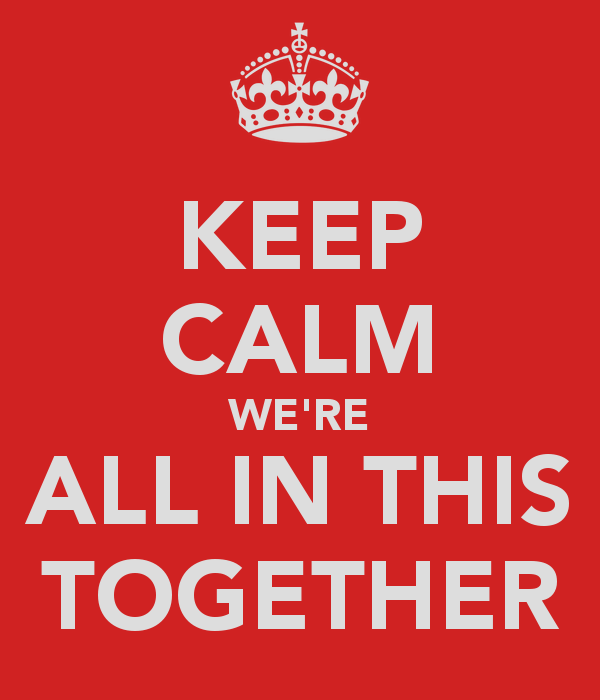Mark 10:46-25
Miraculously Healed by Jesus
James Sledge October
25, 2015
I
came across a story recently that’s a bit lame, or worse than that, but I think
I’ll share it anyway. A farmer lived along a quiet, county road, but over the
years, it became a busy highway, and the speeding cars began to kill more and
more of the farmer’s free-range chickens.
He
called the local sheriff to complain. “You’ve got to do something to slow these
cars down,” he said. “They’re driving like mad men.” The sheriff wasn’t sure
there was much he could do, but after repeated calls from the farmer then he agreed
to put up a sign that might make people more attentive. It said, “SLOW: SCHOOL
CROSSING.”
But
a few days later the farmer called to say that the sign hadn’t worked at all.
If anything, the drivers seem to have sped up. So the sheriff tried a slightly
different tactic, installing a sign that said “SLOW: CHILDREN AT PLAY.” And the
cars went even faster.
Finally,
the exasperated farmer asked if he could put up his own sign. The sheriff was
tired of the farmer calling every day, so he agreed, and the calls stopped. Eventually
the sheriff decided to call and check on things. The farmer said he hadn’t lost
a chicken since he put up his sign. The sheriff had to see this, so he drove
out to the farm where he saw a piece of plywood with spray-painted wording that
said, “NUDIST COLONY: Go slow and watch out for the chicks!”[1] …I told you it was bad.
I
told this story, lame as it is, to raise the issue of what it takes to get folks
to slow down and pay attention. We live in a fast paced world where we are
often busy and overscheduled. It’s a threat to our mental health and overall
well-being, and that of our children. Even more, it is a huge threat to a
relationship with God, to getting to know Jesus, because that requires
stopping, waiting, silence, and attentiveness on our part.
But
lest you think this a peculiarly modern problem, the people in our gospel
reading also seem unable to slow down enough to see what truly is important.
Jesus has just passed through Jericho. Jerusalem is not very far away, and the
very next episode in Mark’s gospel is Jesus’ triumphal entry into the city of
David. Jesus is picking up something of an entourage. He, his disciples, and a
large crowd are all headed down the road when a blind beggar begins to cry out.
“Jesus,
Son of David, have mercy on me!”
The
beggar’s name is Bartimaeus… or perhaps not. Our story says he is Bartimaeus,
son of Timaeus, but Bartimeaus means son of Timaeus. I’m suspicious that Mark’s
gospel gives us the original Aramaic and then its translation. This blind
beggar is insignificant enough that no one remembers his name, only that of his
father.
An
unnamed, blind beggar is hardly important enough to warrant stopping,
especially for this procession headed to big events in Jerusalem. “We’ve got to
keep moving. Be quiet!” blind beggar. We’ve got somewhere to be.”
Our
readings says, Many sternly ordered him to be quiet. Many? Many of the
disciples? Many in the crowd? Many of both? The last time anyone spoke in this
stern manner it was the disciples trying to chase away those bringing children
to Jesus. Unimportant children, now an unimportant, blind beggar. “Shoo, get
away. No time for you.”
In one of those wonderful ironies of
Scripture, the blind man sees what the crowd and disciples cannot. Jesus came
for people such as this blind beggar, and he came to help people see. Jesus
heals the beggar’s blindness with little difficulty. But the harder work of
healing his followers’ blindness continues and won’t come to full fruition
until after the resurrection and the gift of the Holy Spirit.






